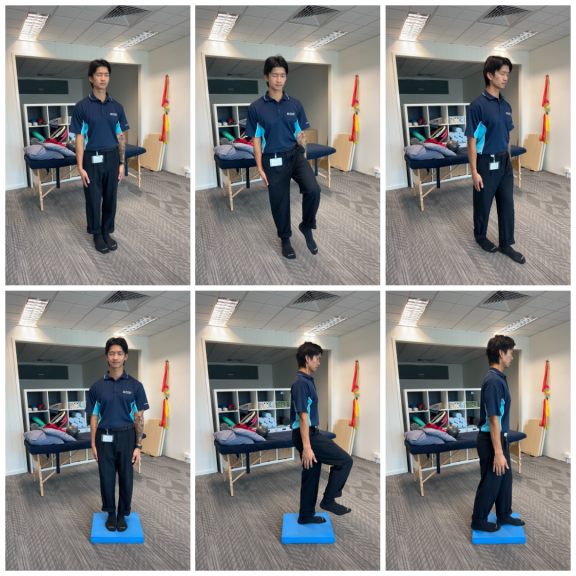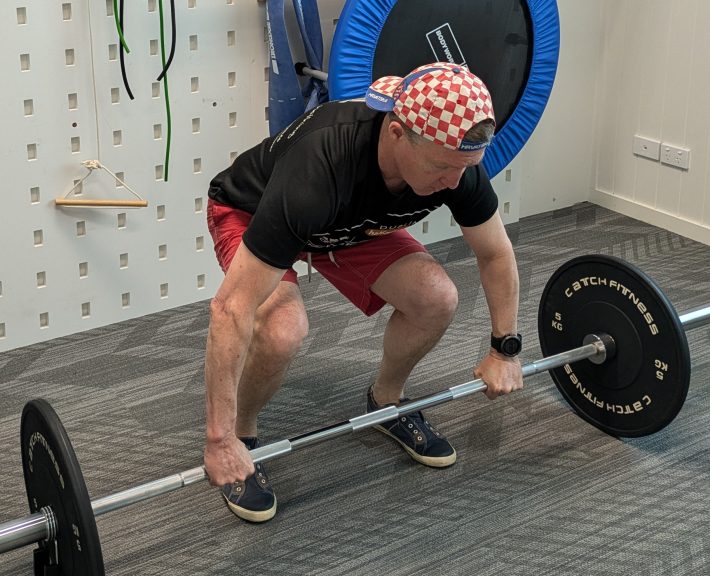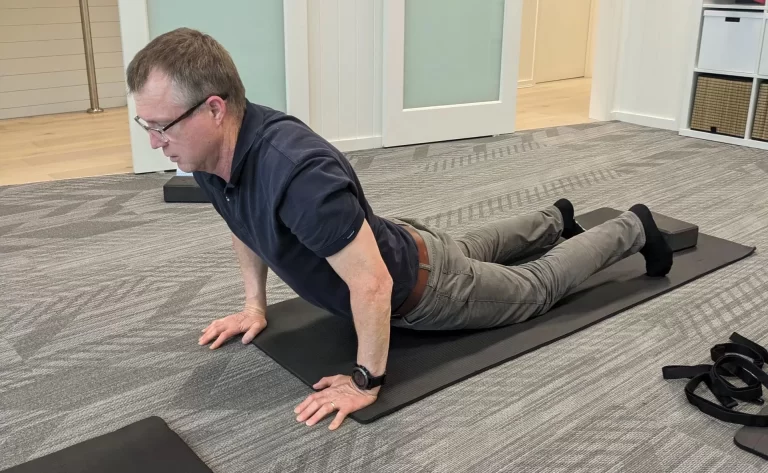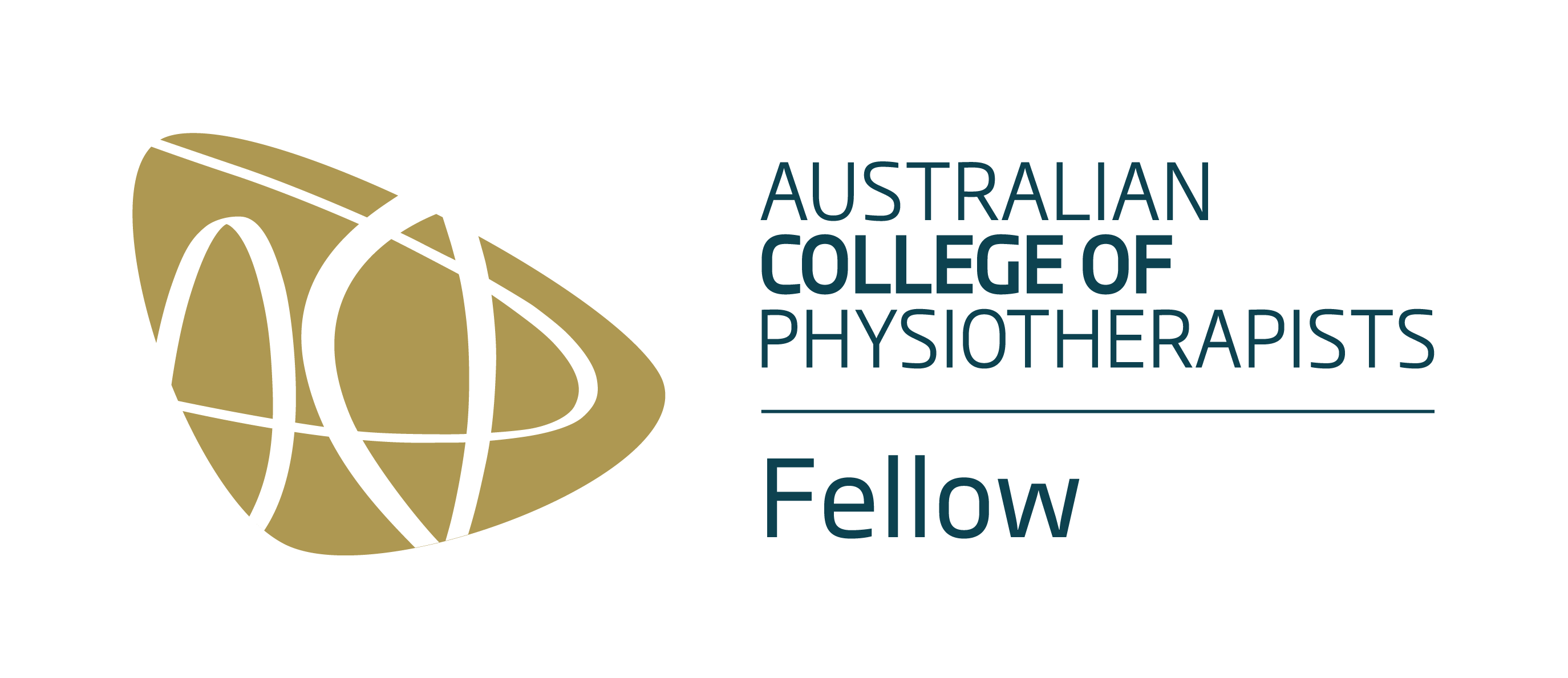
The common phrase “pain in the neck” has become a cliché because it is used so often to describe someone or something that is a constant irritation. However, neck pain and headaches are more than just irritating. They can be downright painful. Many pharmacy shelves are stocked with headache remedies, but finding relief from headache and neck pain often times entails getting physiotherapy treatment.
| The neck includes the bones and joints of the cervical spine; shock-absorbing discs that separate the bones of the cervical vertebrae; the muscles and ligaments that hold the cervical spine together. Neck pain may be felt at the base of the skull and spread across the shoulder on one side and even down the arm. It may also lead to headaches. The pain may feel like a kink or stiffness in the neck or severe pain. Range of motion may be limited, usually more to one side than the other, making it difficult to drive or look over the shoulder. Neck pain may be caused by bad posture, normal wear and tear, overuse or injury. |
Bad posture is one of the main contributors of neck pain and sometimes headaches. The rule is to keep the head in a neutral position. Many of us tend to hunch or bend the neck forward while reading or working at the computer. In some offices the computer may be at a much higher level than the head, causing the individual to look up for extended periods. Sleeping with your neck too high or too low can cause neck pain and headaches, as well as a mattress that does not support the natural curve of the back.
Physiotherapy researchers have proved that long-standing neck pain is related to stiff joints, improper coordination of muscles around the neck and a loss of ‘neck position sense’. All of these responded to physiotherapy treatment by the researchers.
Cause of Neck Pain Headaches
Trauma to the neck as occurs with whiplash is a very common cause of neck pain. Whiplash is usually associated with neck pain, but it can happen during skiing accidents or falls from significant heights. In severe cases spinal cord injury may result, requiring emergency care. When whiplash occurs, a cervical collar may have to be worn in order to rest the neck and heal the inflammation. A physiotherapy program consisting of muscle control, strengthening and range of motion exercises will follow. Your specialist musculoskeletal physiotherapist will also examine for other problems from the injury that require onward referral, such as nerve conduction problems and over reactive stress responses.
Other causes of neck pain and headaches are:
- arthritis resulting from wear and tear to the discs in the neck, which can cause a pinched nerve
- meningitis – a serious viral or bacterial illness that causes headaches, fever, stiff neck (serious enough to make it difficult to touch the chin to the chest) and sometimes vomiting.
- The flu. This can cause headaches and neck pain without the stiffness.
- Stress and tension can also give rise to what is sometimes called ‘tension’ headaches and neck pain.
- Torticollis – severe contraction of the neck muscles causing the head to be tilted to one side of the body and the chin to be turned toward the opposite side of the neck.
Treatment for neck pain requires careful diagnosis and physiotherapy treatment depending on the condition. The goal of physiotherapy is to help you return to your prior level of functioning and assist you in living a pain-free life. If you’re a sufferer of neck pain headaches, contact Peak MSK Physiotherapy to make an appointment to discuss treatment.













